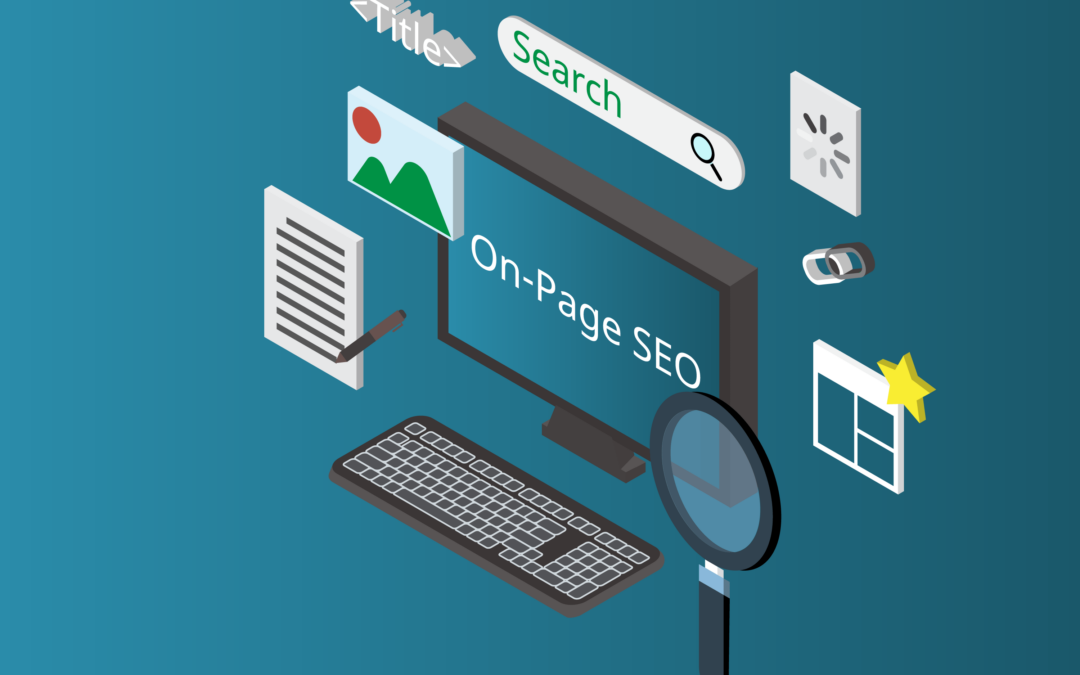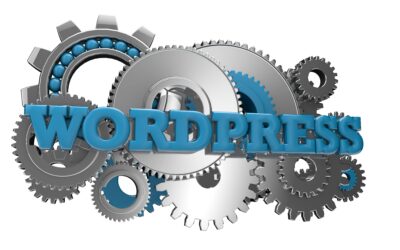There are two types of search engine optimization: on-page SEO and off-page SEO. We will start with on-page, defining what it is, how to improve SEO on your website, and much more.
On-Page SEO
On-Page SEO refers to optimizing factors internal to your website. Typically this is referred to as “Content SEO.”
What is content SEO?
Without content, a website won’t rank high in search engines. It’s crucial to not only write good content but also optimize it. These are some tips:
- Use synonyms for words
- Use bullet points and numbered points,
- Use bold, italics, underline, and strikethrough.
What is the on-page SEO hierarchy of priorities?
It makes sense that some aspects are more important than others in regards to SEO. Ensure you prioritize the aspects that have the biggest effect on your ranking. You can always improve less important factors down the road when you have more time and resources. Here are the main elements to keep in mind:
- URL: Uniform Resource Locator
- Headings
- Paragraphs
- Images
- Typographical emphasis: bold, underline, highlight
- Text variability
- Words, synonyms, complexity
- Interlinking: internal (breadcrumbs, sitemap.html) and external (reciprocity, social media)
How to improve on-page SEO?
Following are some tips to improve On-Page SEO:
Hire a content writer
You can work with a writer to create original pages and posts for your website. Search engines take into consideration relevancy and authority when crawling websites. Sites that have relevant content are more credible, and in turn, will rank higher than others.
Avoid duplicate content
Having the same content on different pages isn’t going to help your SEO. If anything, it will hurt your ranking. Search engines won’t show the same content multiple times in the results.
Update old pages
If you have old, outdated information on your website, edit the pages, remove them, or merge the content with a newer post. In some cases, it may make sense to redirect pages to a new one.
Use relevant and unique titles
The title tag should be specific and accurate, so users and search engines will have an idea of what your page is about. Try not to stuff too many keywords into the title, however. If the title is extremely long, Google may only show a portion of it to users.
Fill out the description meta tag
By summarizing what your page is about, you tell Google more information than if you were to leave it blank. As a general rule of thumb, the more details you give Google, the better that is for your SEO. Try to avoid generic descriptions or writing a description that isn’t related to your page.
Include heading tags in your content
These tags help provide structure and allow readers to scan your page more easily. Don’t use very long or too many heading tags though.
Link to your own posts
If you don’t have internal links to pages on your site, users will have a harder time finding the information they want. In addition to that, Google prioritizes pages with links. As such, link pages to other posts on your website.
Improve SEO on a regular basis
Try to update your website often and post frequently. This will show Google that your website is active as you’re consistently adding relevant content to it.
Use a keyword tool to check ranking
There are many tools at your disposal. An example is SEMrush. You can use our coupon code for a free 30-day trial: websiteTOON.
SEO Content That Provides Value & Insight
Content provides value and unique insights It is very helpful to provide unique and valuable content to your audience. Unique content is straightforward enough, but what this unique content actually means? What is required to make this unique content? Let's discuss...
What are WordPress tags for SEO?
WordPress tags and categories play a vital role in organizing your site’s posts properly. They can help you to increase the web traffic, boost your page views, and offer a great experience to your potential customers. With the proper use of tags and categories, you...
HTML Errors/ W3C Validations
Lots of HTML errors or sloppy coding may be a sign of a poor quality site. While controversial, many in SEO think that a well-coded page is used as a quality signal. 6 reasons why Google advice to validate your html Valid HTML and crawl rate: In Google search console...




